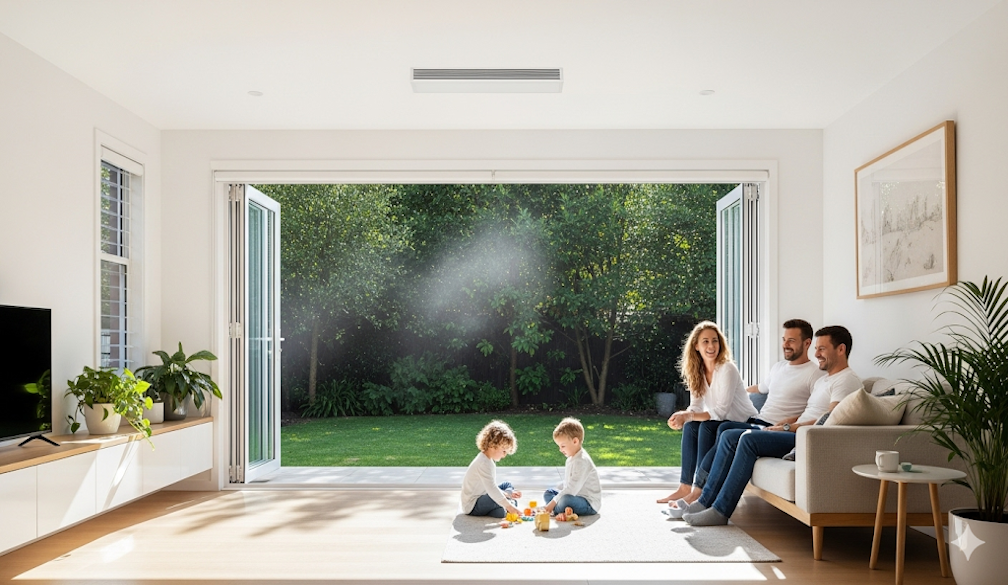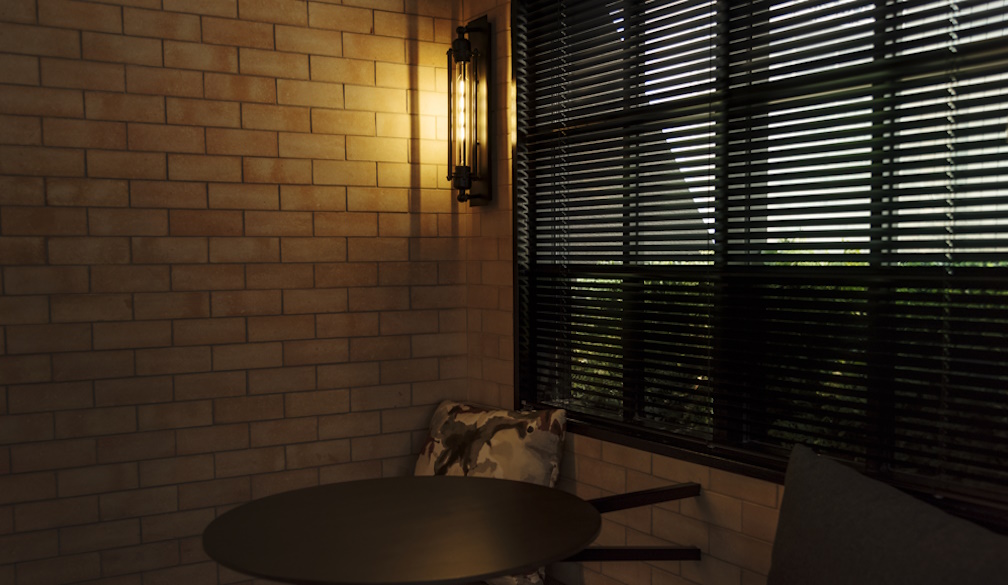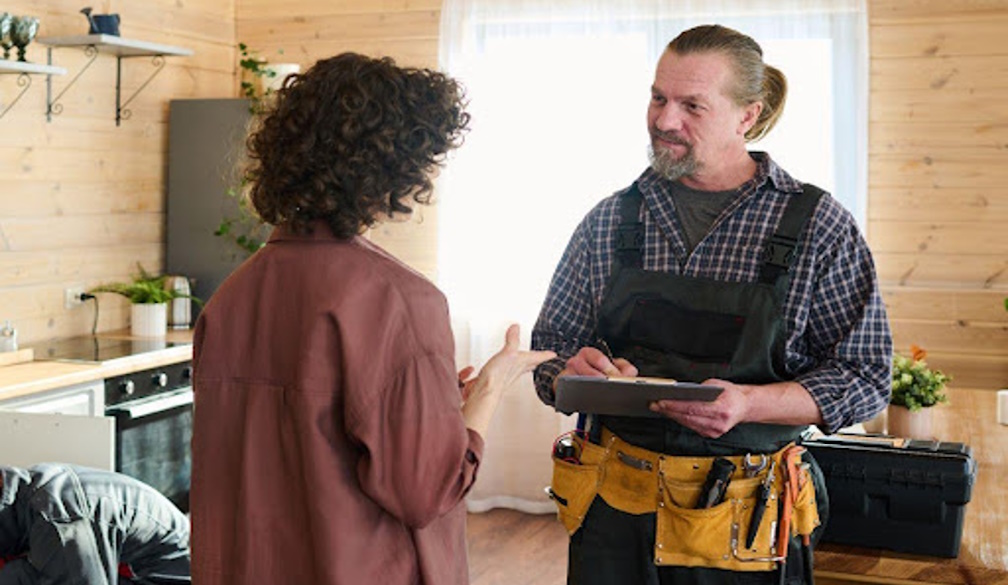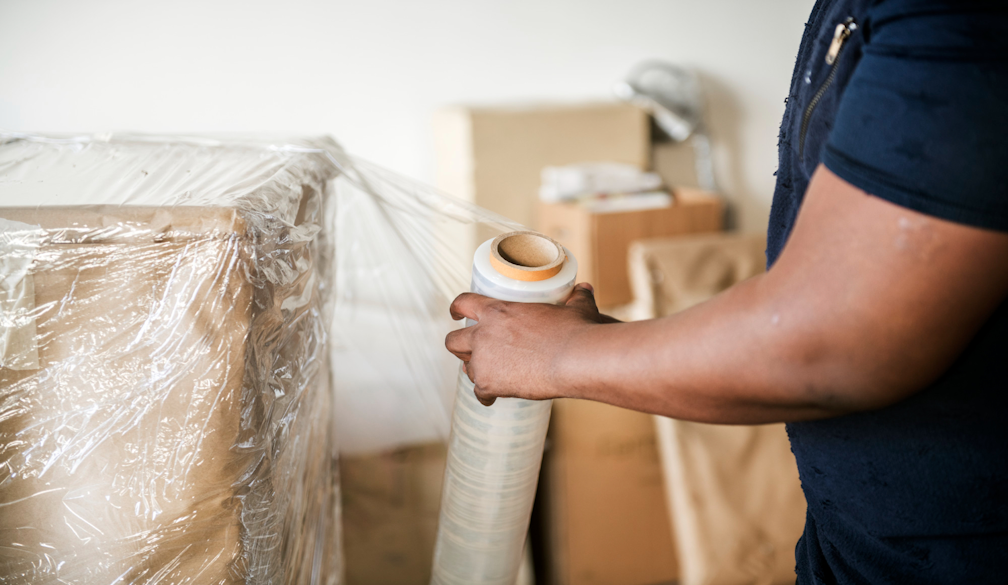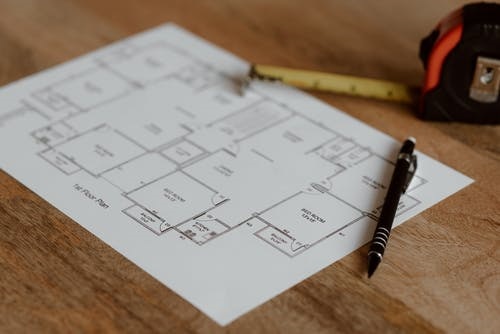How to Budget for Your Home Renovation Project

Undertaking a home renovation project is an exciting opportunity to refresh your living space and increase the value of your property. However, without careful planning, costs can quickly spiral out of control. Establishing a realistic budget is crucial to ensure that your home renovations are successful and stress-free. In this article, we’ll explore practical tips for budgeting your home renovation project, with a special focus on those considering home renovations Melbourne.
1. Determine Your Renovation Goals
Before you start budgeting, it’s important to clearly define your renovation goals. Are you looking to update a single room, such as the kitchen or bathroom, or are you planning a full-scale remodel of your home? Understanding the scope of your project will help you estimate costs more accurately and prioritise spending on the most important areas.
Consider the reasons behind your renovation – whether it’s to improve functionality, enhance aesthetic appeal, or increase the property’s value. This will guide your decisions on where to allocate funds and where you might be able to save.
2. Research and Gather Cost Estimates
Once you have a clear idea of your renovation goals, the next step is to gather cost estimates. Research the average costs for similar projects in your area to get a rough idea of what to expect. For those considering home renovations in Melbourne, it’s essential to factor in the city’s specific market conditions, as prices can vary significantly depending on location.
Reach out to contractors, designers, and suppliers to obtain detailed quotes. Be sure to compare multiple estimates to ensure you’re getting a fair price. Keep in mind that the cheapest option isn’t always the best – consider the reputation and quality of work offered by each service provider.
3. Set a Realistic Budget
With your cost estimates in hand, it’s time to set a realistic budget. When budgeting for home renovations, it’s important to include not only the cost of materials and labour but also any additional expenses such as permits, design fees, and potential accommodation costs if you need to temporarily move out during the renovation.
A common rule of thumb is to allocate around 10-20% of your budget as a contingency fund for unexpected expenses. Renovations often come with surprises, whether it’s uncovering structural issues or deciding to upgrade finishes partway through the project. Having a contingency fund ensures that these unforeseen costs don’t derail your budget.
4. Prioritise Your Spending
Not all elements of your renovation project will carry equal importance, so it’s crucial to prioritise your spending. Focus on areas that will have the most significant impact on the functionality and value of your home. For example, kitchens and bathrooms are often considered high-priority areas as they can greatly influence both your daily life and the resale value of your home.
If your budget is tight, consider tackling your renovation in stages. Start with the most essential upgrades and plan to complete additional work as funds become available. This approach allows you to make meaningful improvements without overstretching your finances.
5. Understand Financing Options
If your renovation project requires more funds than you have readily available, exploring financing options is a sensible step. Home renovation loans, personal loans, or lines of credit are common ways to finance larger projects. For homeowners in Melbourne, there are also region-specific grants and rebates available that can help offset the costs of energy-efficient upgrades or heritage restorations.
Before committing to any financing option, it’s essential to understand the terms, interest rates, and repayment schedules. Ensure that the monthly payments fit comfortably within your overall budget to avoid financial strain.
6. Track Your Expenses Diligently
Once your renovation project is underway, keeping a close eye on your expenses is crucial. Regularly updating your budget with actual costs will help you stay on track and make informed decisions if adjustments are needed. Using a budgeting app or a simple spreadsheet can make it easier to track expenses and monitor your remaining budget.
Communicate regularly with your contractor or project manager to ensure that costs are staying within the agreed budget. If unexpected costs arise, refer to your contingency fund and adjust your spending accordingly to avoid overshooting your budget.
7. Be Prepared to Make Trade-offs
Home renovations often require making trade-offs between different elements of the project. Whether it’s choosing between high-end finishes or reallocating funds to address an unforeseen issue, being flexible and open to compromise is essential for staying within budget.
Discuss with your contractor the potential trade-offs you might need to consider and have a clear understanding of which aspects of the renovation are non-negotiable and which are more flexible.
Conclusion
Budgeting for home renovations is a critical step that requires careful planning, research, and realistic expectations. By determining your renovation goals, gathering accurate cost estimates, and setting a contingency fund, you can create a budget that allows you to achieve your desired outcome without financial stress.
For those considering home renovations Melbourne, it’s important to account for local market conditions and potential additional costs specific to the area. By staying diligent in tracking expenses and being prepared to make trade-offs, you can successfully navigate your renovation project and enjoy the transformed space you’ve always dreamed of.


